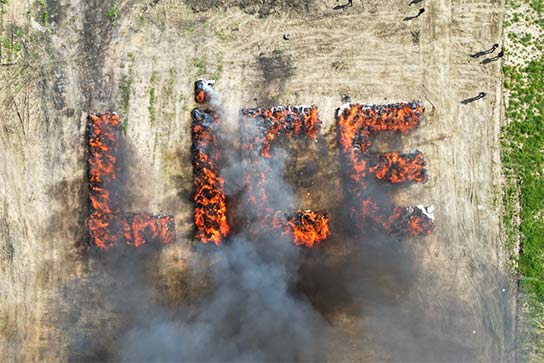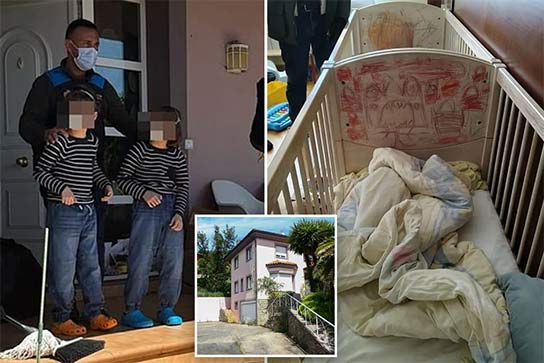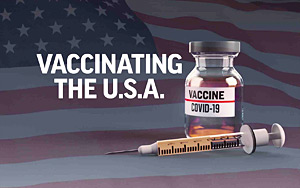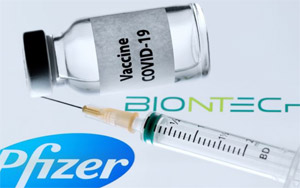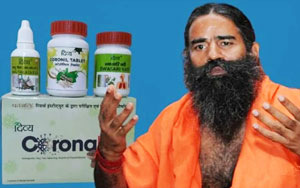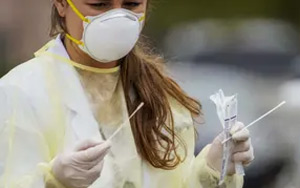Britain on Wednesday became the first country in the world to approve the Pfizer-BioNTech vaccine for use against COVID-19 and said that it will be rolled out from next week.
"The Government has today accepted the recommendation from the independent Medicines and Healthcare products Regulatory Agency (MHRA) to approve Pfizer-BioNTech's COVID-19 vaccine for use," the government said. "The vaccine will be made available across the UK from next week."
Health Secretary Matt Hancock said the programme would begin early next week. "It is very good news," Hancock said.
Britain's approval of the vaccine marks a "historic moment" in the battle against the pandemic, the US pharma group's chief executive said on Wednesday, after his company won the first such authorisation in the West.
"Today's Emergency Use Authorisation in the UK marks a historic moment in the fight against Covid-19," said Pfizer CEO Albert Bourla, adding, "We are focusing on moving with the same level of urgency to safely supply a high-quality vaccine around the world.
The US company and Germany's BioNTech said they expected further regulatory decisions from other countries "in the coming days and weeks".
Pfizer said it would immediately begin shipping limited supplies to the UK -- and has been gearing up for even wider distribution if given a similar nod by the US Food and Drug Administration, a decision expected as early as next week.
But doses everywhere are scarce, and initial supplies will be rationed until more is manufactured in the first several months of next year.
While the UK has ordered enough Pfizer vaccine for 20 million people, its not clear how many will arrive by years end and adding to the distribution challenges is that it must be stored at ultra-cold temperatures.
Two doses three weeks apart are required for protection. First in line, the UK government says, are frontline health care workers and nursing home residents, followed by older adults.
But Prime Minister Boris Johnson has warned we must first navigate a hard winter of restrictions to try to curb the virus until there's enough vaccine.
Every country has different rules for determining when an experimental vaccine is safe and effective enough to use. Intense political pressure to be the first to roll out a rigorously scientifically tested shot coloured the race in the US and Britain, even as researchers pledged to cut no corners. In contrast, China and Russia have offered different vaccinations to their citizens ahead of late-stage testing.
The shots made by Pfizer and BioNTech were tested in tens of thousands of people. And while that study is not complete, early results suggest the vaccine is 95% effective at preventing mild to severe COVID-19 disease. The companies told regulators that of the first 170 infections detected in study volunteers, only eight were among people whod received the actual vaccine and the rest had gotten a dummy shot.
"This is an extraordinarily strong protection," Dr Ugur Sahin, BioNTech's CEO, had recently said.
The companies also reported no serious side effects, although vaccine recipients may experience temporary pain and flu-like reactions immediately after injections.
But experts caution that a vaccine cleared for emergency use is still experimental and the final testing must be completed. Still to be determined is whether the Pfizer-BioNTech shots protect against people spreading the coronavirus without showing symptoms. Another question is how long protection lasts.
The vaccine also has been tested in only a small number of children, none younger than 12, and theres no information on its effects in pregnant women.



